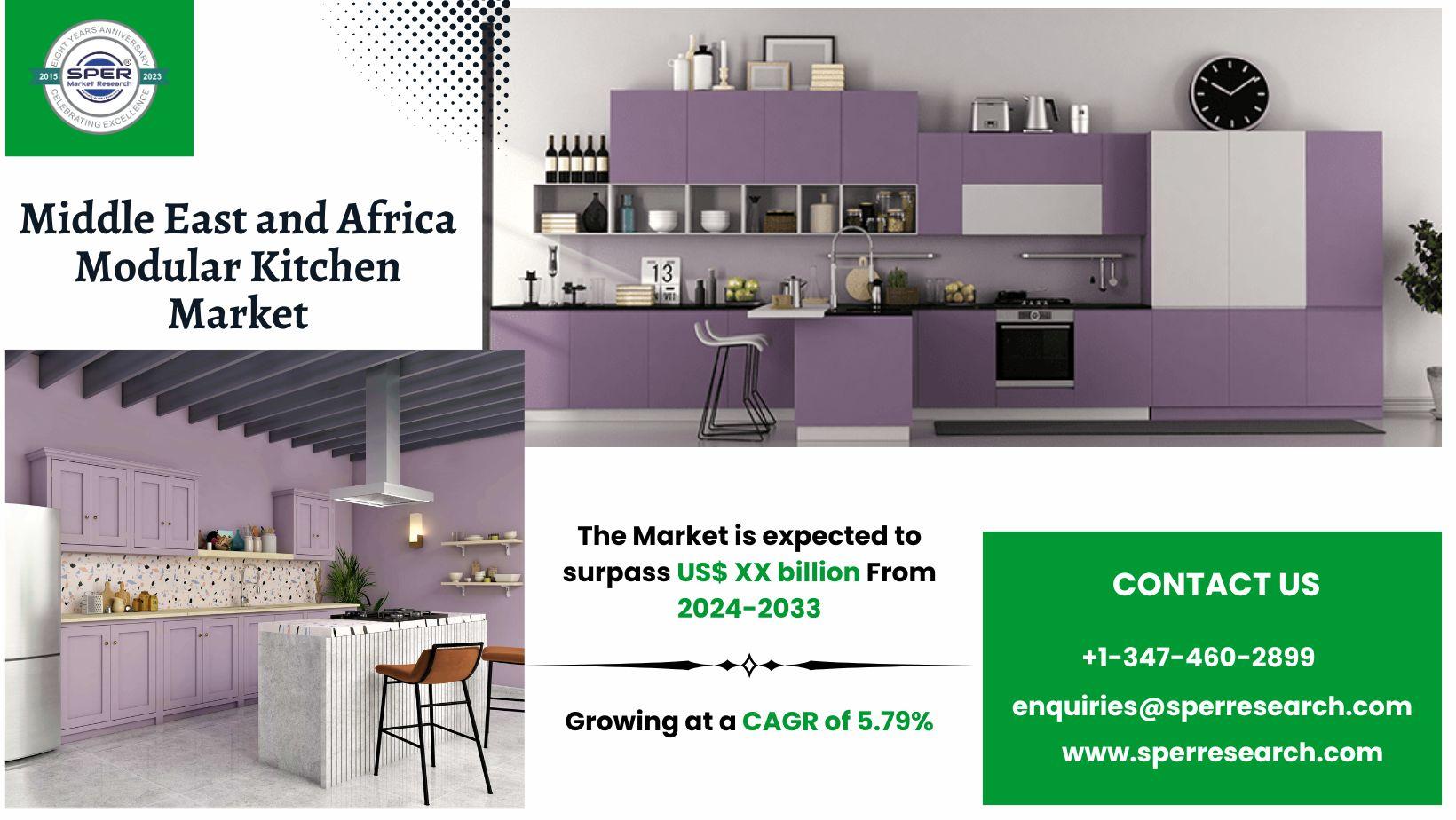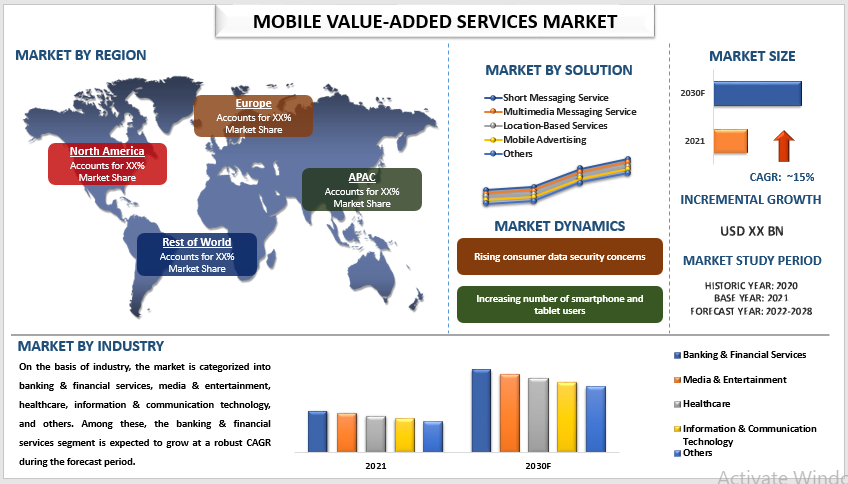Middle East and Africa Modular Kitchen Market Growth, Size and Trends 2033

A modular kitchen is a modern kitchen design concept where pre-manufactured units or modules are assembled to create a customized kitchen layout. These modules include cabinets, drawers, shelves, and built-in appliances that make the kitchen space more organized and functional. Modular kitchens are popular for their sleek appearance, efficient space management, and flexibility in design. They are easy to install, dismantle, and repair. Available in various shapes like L-shaped, U-shaped, or straight layouts, they also offer a range of materials, finishes, and colors. This makes modular kitchens ideal for urban homes seeking a stylish yet practical cooking environment.
According to SPER Market Research, ‘Middle East and Africa Modular Kitchen Market Size- By Design, By Raw Material, By Application, By Distribution Channel- Regional Outlook, Competitive Strategies and Segment Forecast to 2033’ the Middle East and Africa Modular Kitchen Market is estimated to reach USD XX billion by 2033 with a CAGR of 5.79%.
Drivers:
The Middle East and Africa modular kitchen market is growing due to several key factors. Rapid urbanization and increased residential construction projects in countries like UAE, Saudi Arabia, and South Africa are creating higher demand for modern kitchen solutions. Additionally, the rising middle class with improved income levels is investing more in home décor, making kitchens a focal point of style and functionality. Space-saving designs and efficient storage options are especially popular among urban dwellers with limited space. Innovations in manufacturing, digital sales platforms, and after-sales services further encourage adoption. Growth in hospitality and food services also drives commercial demand for modular kitchens in hotels and restaurants.
Request a Free Sample Report: https://www.sperresearch.com/report-store/mea-modular-kitchen-market.aspx?sample=1
Restraints:
Despite growth, the market faces challenges that limit its expansion. High initial installation costs make modular kitchens less affordable for some customers compared to traditional kitchens. The prices of raw materials like laminates and metals fluctuate, causing uncertainty in costs and pricing. The market also depends heavily on imports from countries such as Italy and China, leading to supply chain risks, delays, and tariff impacts. Additionally, local manufacturing capacity and skilled labor are limited in many regions, affecting production quality and scalability. Fragmented retail networks and low e-commerce presence, especially in parts of Africa, restrict product availability and market reach. UAE leads the Middle East and Africa modular kitchen market due to rapid urbanization and strong real estate growth driving demand. Some key players are- Bulthaup GmbH & Co KG, Easylife Kitchens, Hettich Holding GmbH & Co. oHG, Kohler Co., LINEADECOR, Nobilia, Pedini SpA, SieMatic Möbelwerke GmbH & Co. KG, Snaidero Rino Spa, Others.
For More Information, refer to below link: –
Middle East and Africa Modular Kitchen Market Share
Related Reports:
Follow Us –
LinkedIn | Instagram | Facebook | Twitter
Contact Us:
Sara Lopes, Business Consultant — USA
SPER Market Research
enquiries@sperresearch.com
+1–347–460–2899





